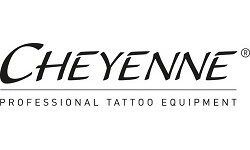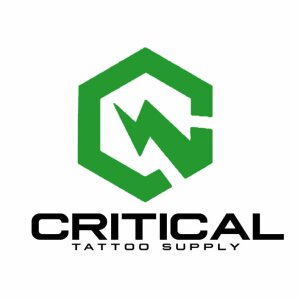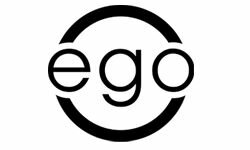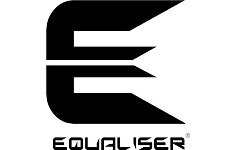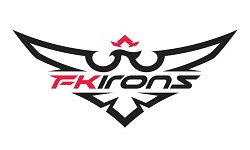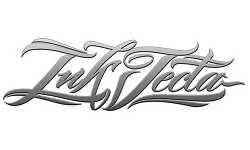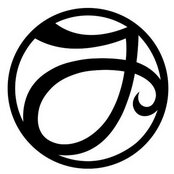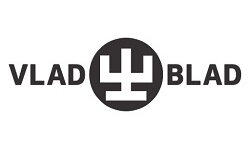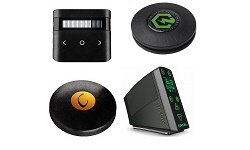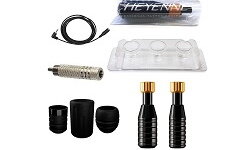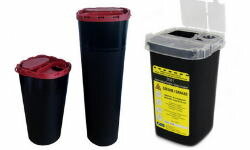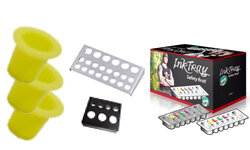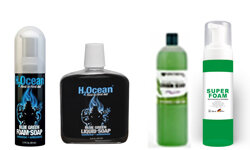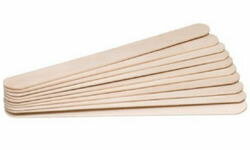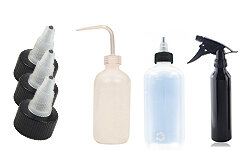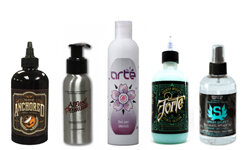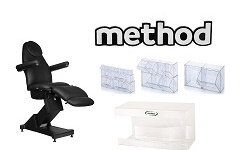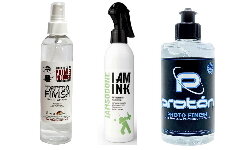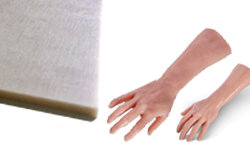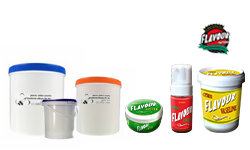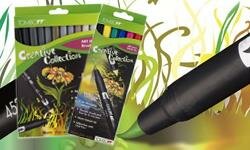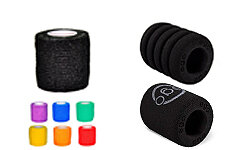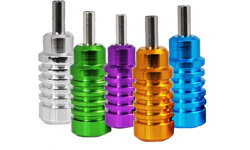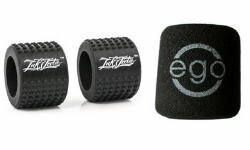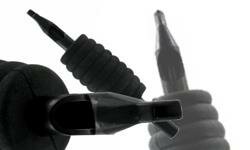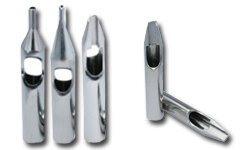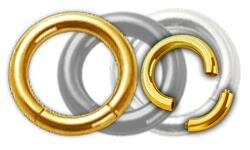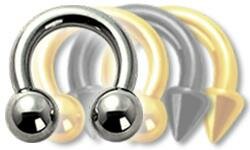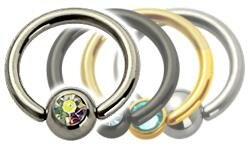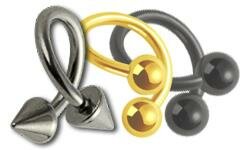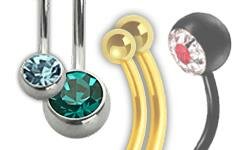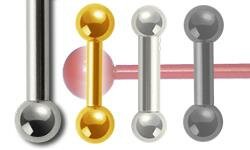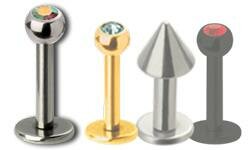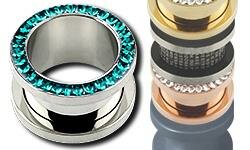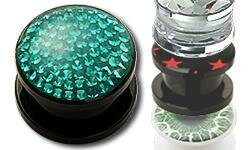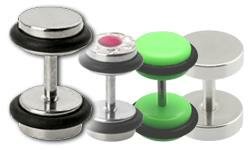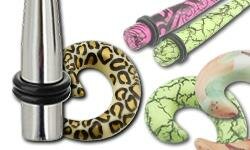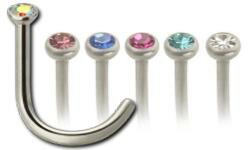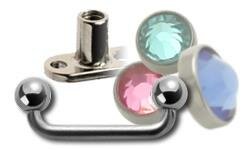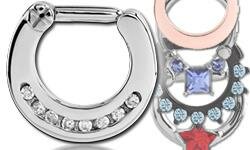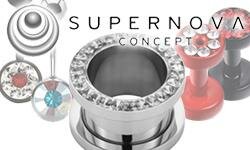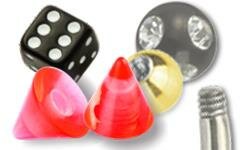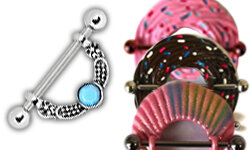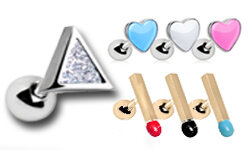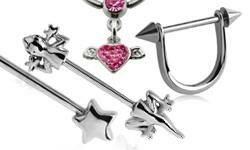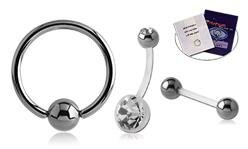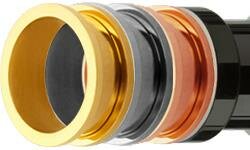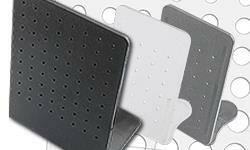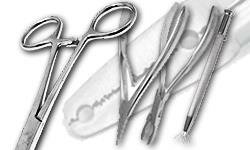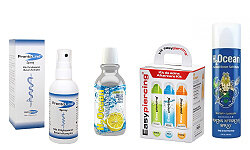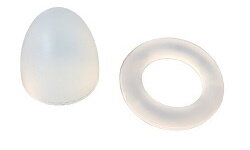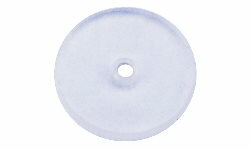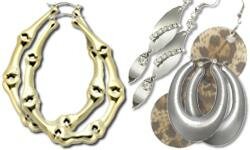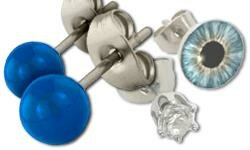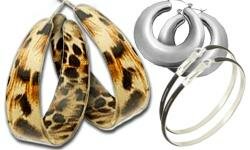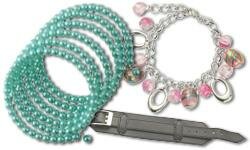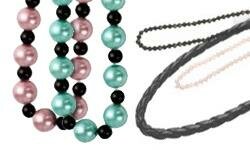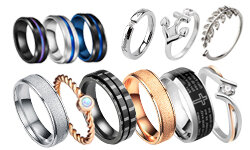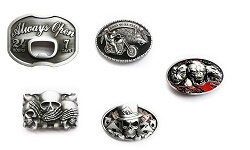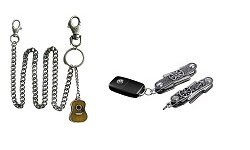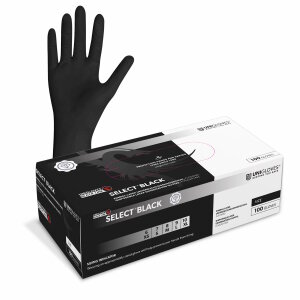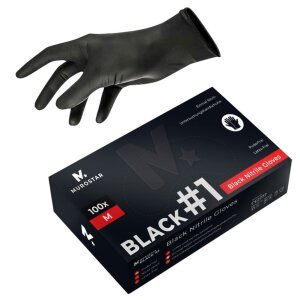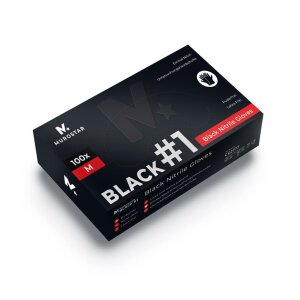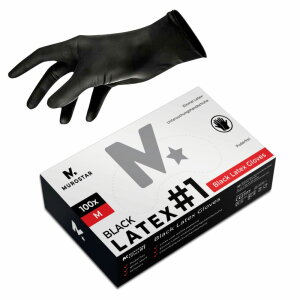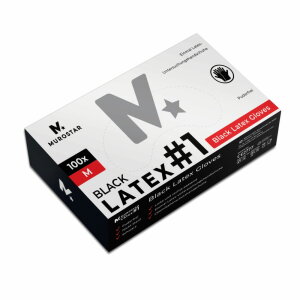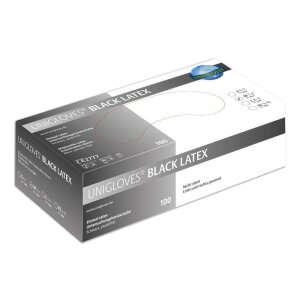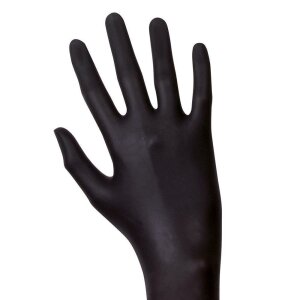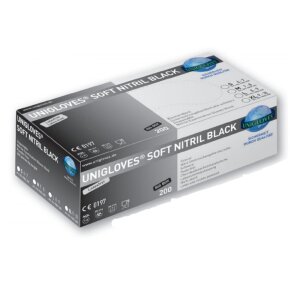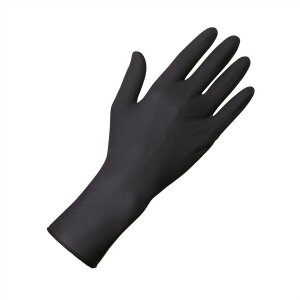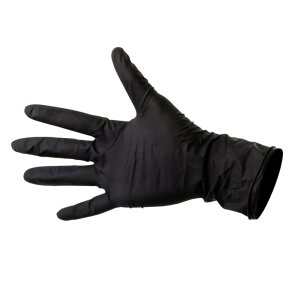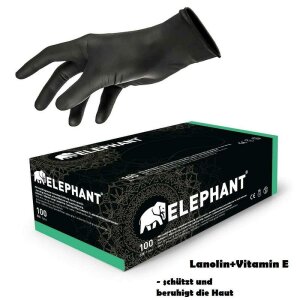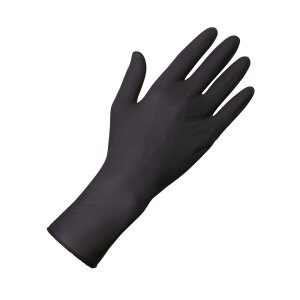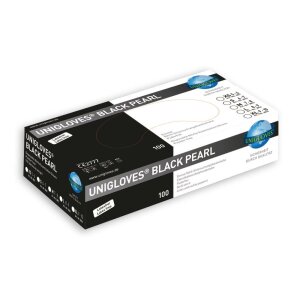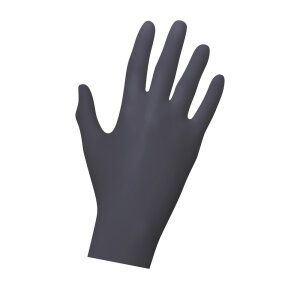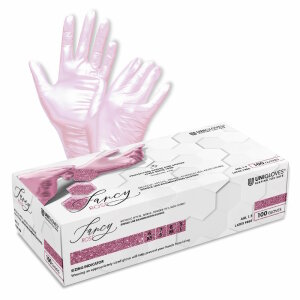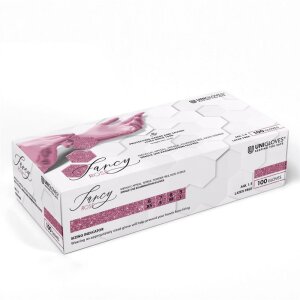Gloves for Permanent Makeup: An Essential Hygiene Element
Gloves play a central role in the world of Permanent Makeup (PMU), serving as a protective measure for both the practitioner and the client. They not only ensure hygiene and protect against cross-contamination, but also provide safety by preventing direct contact with blood, dyes, and other potentially infectious materials. The choice of the right glove material, whether latex or nitrile, depends on various factors including allergies, comfort, and the nature of the work being performed. This text will thoroughly examine the properties of both latex and nitrile gloves and their specific areas of application in the context of PMU.
Latex Gloves: Naturally Elastic and Comfortable
Latex gloves are made from natural rubber and offer excellent elasticity and fit, making them particularly suitable for the precise work required in PMU. They are known for their high tactile sensitivity, which is a great advantage in the fine work of eyeliner, lip contours, or eyebrows. Latex is generally more cost-effective than nitrile, making it an attractive option for PMU studios that consume large quantities.
Advantages:
- High elasticity and comfort: Fits like a second skin.
- Excellent tactile feel: Crucial for the precise application of pigments.
- Cost-effectiveness: Generally cheaper than nitrile.
Disadvantages:
- Allergy potential: Natural latex can cause allergic reactions, including skin irritations or more severe reactions like anaphylactic shock.
- Permeability to chemicals: Certain chemicals and solvents can degrade latex gloves more quickly.
Nitrile Gloves: Robust, Allergy-Free, and Versatile
Nitrile gloves are made from synthetic rubber and offer an excellent alternative for those allergic to latex. They are more resistant to oils, fats, and a broader range of chemicals, making them particularly valuable in PMU studios where disinfectants and cleaning agents are regularly used. Nitrile is generally stronger and more puncture-resistant than latex, providing additional protection against the sharp needles used in PMU applications.
Advantages:
- No allergy potential: Ideal for users and clients with latex allergies.
- Chemical resistance: Provides better protection against a variety of chemicals.
- Higher puncture resistance: Offers additional protection in an environment where sharp instruments are used.
Disadvantages:
- Cost: Generally more expensive than latex gloves.
- Lower elasticity: May offer less comfort, especially during long periods of wear.
Selection Criteria and Best Practices
When selecting gloves for PMU, it is important to consider both the needs of the staff and the safety and comfort of the client. Disposable gloves should always be used and changed between clients to prevent cross-contamination. The gloves should always be intact and should not have any tears or holes. It is advisable to always have a sufficient quantity of gloves in various sizes to accommodate all staff members and the different hand sizes of clients.
Gloves for Permanent Makeup - The Conclusion
Gloves are an indispensable component in any PMU studio and contribute significantly to maintaining hygiene standards. The choice between latex and nitrile depends on individual needs, allergies, and budgetary considerations. Regardless of the choice, it is crucial that the gloves are used correctly and are part of a comprehensive hygiene concept that also includes regular training and continuing education to always promote the best practices in the industry.

 Black
Black White
White Grey
Grey Brown
Brown Red
Red Yellow
Yellow Pink
Pink Skin Tones
Skin Tones Orange
Orange Violet
Violet Green
Green Blue
Blue